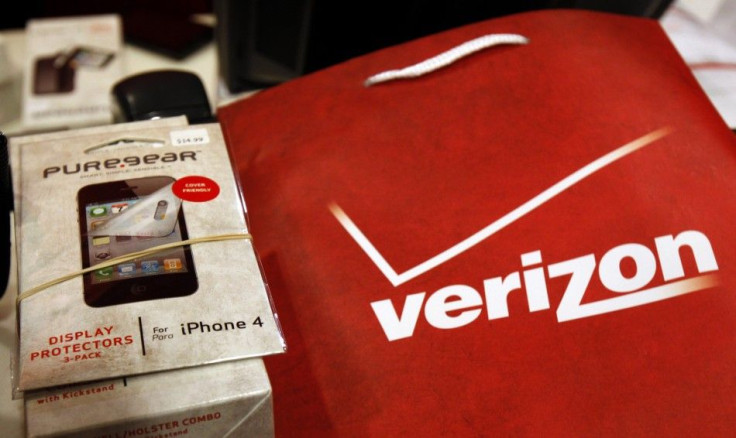Verizon, Unions Still in Talks Three Months After Strike

A little over three months after more than 45,000 landline workers for Verizon went on a nationwide strike, the company and the unions representing the employees have yet to resolve critical differences.
The negotiations are ongoing as the union and the company work through issues such as job security, healthcare and retirement benefits, Communication Workers of America Spokeswoman Candice Johnson told IBTimes. The CWA represents 35,000 workers while another 10,000 members are supported by The International Brotherhood of Electrical Workers.
Verizon Spokesman Rich Young echoed Johnson's comments and said there have been a lot of proposals and counterproposals put forward by all parties.
The negotiations have gone back and forth, and we look at that as making progress, Young told IBTimes.
No timetable has been given on the negotiation, although Young said Verizon hopes to have an agreement as soon as possible.
The strike began after the New York-based company asked for contributions of at least $100 a month to health insurance premiums once workers entered a new contract. Furthermore, the firm wanted to freeze pensions, tie pay raises to performance and make it less burdensome to fire employees for cause.
The company pushed for union concessions because of waning profitability in the landline business. However, the union claims company success in the wireless division has more than made up for troubles in the landline unit. Wireless employees aren't unionized.
While Verizon's landline division earned only $768 million in 2010, the wireless division earned $18.7 billion. Verizon has a 55 percent stake in Verizon Wireless, while London-based Vodafone owns 45 percent.
The strike eventually turned nasty as Verizon won multiple injunctions against picketers. The company claimed it had suffered multiple incidents of sabotage, including cut fiber optic lines, harassment of workers to replace those on strike and vandalism.
But in just two weeks after the strike began, the workers ended their strike without a new contract. Verizon promised to have employees work under the old contract terms until new terms were negotiated.
The lag period hasn't ended union criticism of the company. This week, the CWA and other grassroots organizations publicly criticized Verizon over its tax payments. A report for Citizens for Tax Justice calculated that over the last three years, Verizon has paid a federal tax rate of -2.9 percent. Verizon disputed those figures, saying the company has paid more than $7.5 billion in federal and state taxes over the last year alone.
© Copyright IBTimes 2024. All rights reserved.











